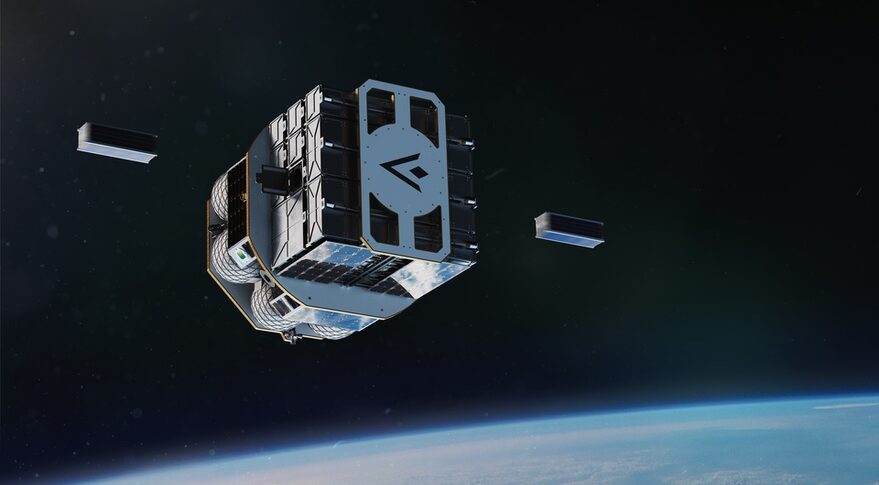
Launcher announces customers for first Orbiter space tug mission (Image Credit: Space News)
WASHINGTON — Launch vehicle and in-space transportation services company Launcher has filled the manifest for the first flight of its space tug later this year with a mix of commercial and academic payloads.
Launcher announced May 16 that the first flight of its Orbiter vehicle, which will be on SpaceX’s Transporter-6 rideshare mission in October, will deploy satellites for six customers and carry hosted payloads for four others.
Three of the satellite customers are startups developing cubesats: Skyline Celestial, Innova Space and NPC Spacemind. Two others are student cubesat projects at Cal Poly Ponoma and Stanford University. Launcher did not disclose the identity of the sixth satellite customer.
The hosted payload customers include Cesium Astro, which will fly its Nightingale phased-array Ka-band communications system on the Orbiter vehicle. Other hosted payload customers include TRL11, a space technology startup; Beyond Burials, which offers space memorial services; and an undisclosed customer.
“We are honored to have a broad range of customers joining us on Orbiter’s first flight, including academia, early-stage companies and more established ones,” David Caponio, head of product and business development at Launcher, said in a statement. “We are especially pleased to host two of these payloads on a long-duration mission, proving Orbiter’s viability and utility as a hosted satellite platform.”
Launcher announced the Orbiter transfer vehicle in June 2021 to provide last-mile delivery services for satellites launched on both rideshare missions and its own launch vehicle, as well as hosted payload capabilities. It joins an increasingly crowded market of companies offering similar vehicles that can take small satellites to their desired orbits, particularly on SpaceX’s Transporter series of dedicated Falcon 9 rideshare launches.
Launcher did not disclose terms of the customer agreements for this mission, but the company says it provides launch and orbital transfer services for satellites at a price of $8,000 to $25,000 per kilogram, depending on mission requirements. The company also offers a dedicated Orbiter mission at $400,000, plus launch costs.
While the first Orbiter mission is now full, the company is selling future missions on three other SpaceX Transporter rideshare missions it booked in February. Those missions are scheduled to launch in January, April and October 2023.
Orbiter is a bridge to the company’s own launch vehicle, Launcher Light, which will place up to 150 kilograms into low Earth orbit. The company announced April 25 the first full-thrust test firing of the E-2 engine it is developing for that launch vehicle. Launcher Light is scheduled for its inaugural flight in 2024.








